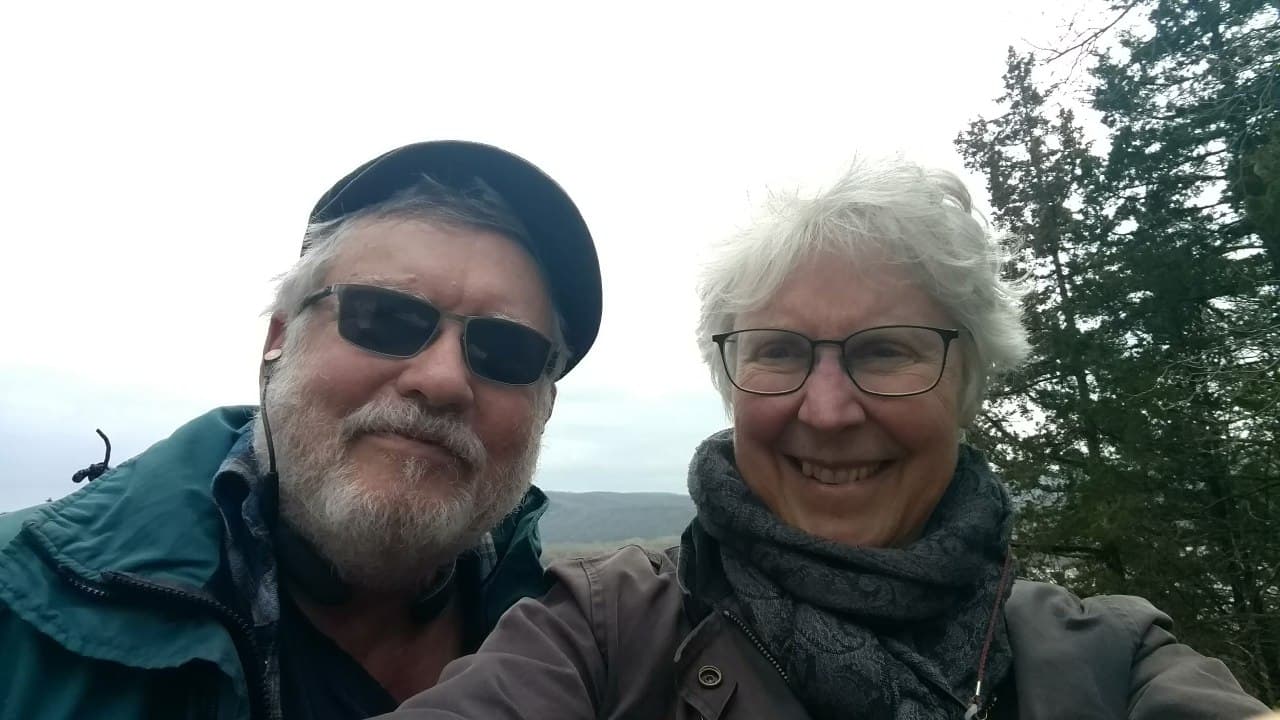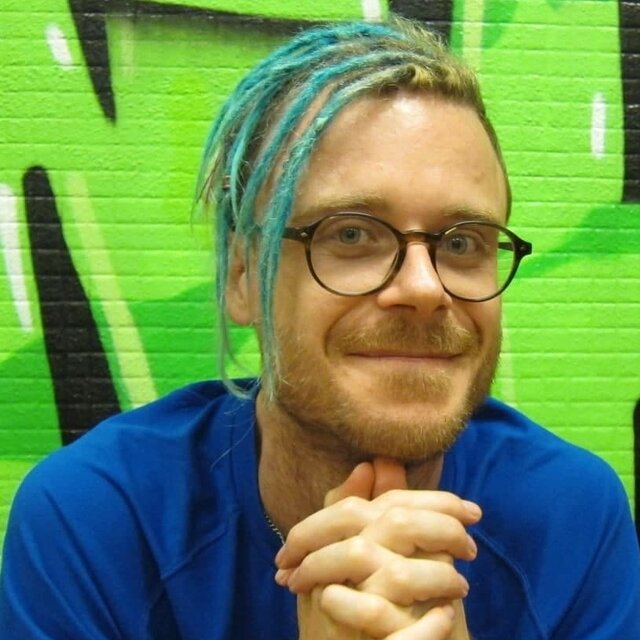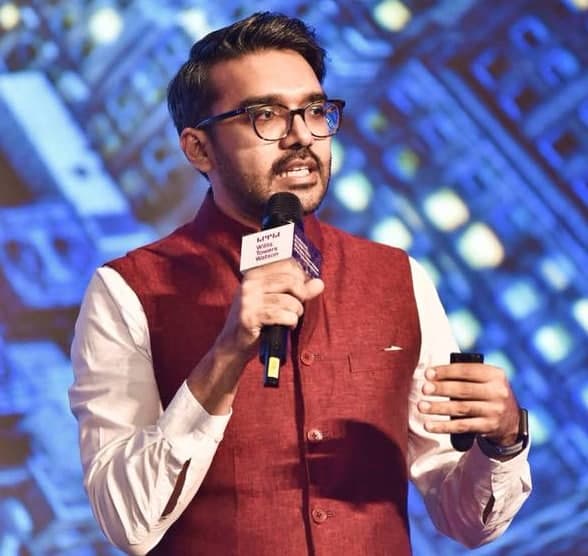-
Emaline Friedman

Emaline first became directly involved with Holochain and distributed computing while researching for her PhD dissertation entitled “Internet Addiction and Network Production: Subjectivity in the Age of Digital Capitalism”. Since mid-2017 she has been supporting the Holo-verse with research and communications, advocating for the adoption of agent-centric and data-sovereign technologies.
She comes to tech as a psychologist who graduated from the University of West Georgia in 2019. She works with Economikit and the Commons Engine, where her interest in data ethics, commons-centric economics, and emerging forms of social organization continues to grow. She also writes about critical psychiatry and social justice in mental health contexts with Mad in America Foundation. More writing, including a book in Routledge’s Concepts in Critical Psychology series, and activities may be found here.
-
Jean Russell

Jean M Russell hacks social technology (software, hardware, and wetware), aiming toward more ethical social organisms. Jean moonlights as a currency designer, participatory process facilitor, and maven midwife of the living edge of Thrivability.
Jean functioned as project lead for the Holo ICO, which raised 30,000 ETH (valued at $22M at that time).
In 2016 with Herman Wagter, she published Cultivating Flows: How Ideas Become Thriving Organizations, which explored, through leading edge practitioners, what patterns enable healthy emergence. In 2013, Jean published Thrivability: Breaking Through to a World That Works, also with Triarchy Press.
Jean received an honorable mention on the Enrich List as one of the top 200 people enriching our path to a sustainable future. She is also listed as one of 100 Women Globally Co-creating a P2P Society.
Known as @thrivable or @nurturegirl where such conventions apply. Known as Benevolent Trickster among friends.
-
Lynn Foster and Bob Haugen

Lynn Foster and Bob Haugen live on the web at mikorizal.org, and live for real in rural Wisconsin US, where we can live cheap and do what retired people everywhere should be able to do – what we want!
What we want is to use the knowledge we have (like 4+ decades each of economic software development experience) to help groups bravely organizing fair and sustainable economic experiments on the ground. And hopefully to help these groups network into whole new economies and new relationships. Bob blogs about economic networks here.
We got interested in Holochain because we saw the limitations of heavyweight blockchains, and noticed that Holo was doing REA without knowing it. We have worked with REA more than 20 years, so we are helping them do it on purpose via hREA and Valueflows.
-
Pablo Somonte Ruano

Pablo works as an interaction designer, media artist, researcher and musician in the fields of ambiguous software, generative systems, transmedia narratives, p2p networks and odd music. His projects explore subjects such as structural violence, alternative economies, theories of value and language.
-
pospi

pospi is an idealist by fate; distributed systems engineer by trade; accidental economist and sociologist; and recovering technologist, futurist and entrepreneur. After attempting to make social media meaningful at an early age, co-launching a startup to “fix charity” and designing economic systems to “solve climate change” with blockchain; they have finally arrived at the only conclusions possible. That the advances afforded by technological systems have mostly only ever caused vast harms to many, that entrepreneurial framings tied into market-based solutionism and the logics of individualism ultimately corrupt efforts toward change, and that the implied power dynamics of aid relations and vaunted intellectual status of individuals in STEM fields often acts against the interests of those we aim to help.
In recent years a mix of interest, hope and skepticism toward Holochain as a technological enabler lead them to seek perspective outside of the tech industry’s thought bubble. They have been privileged to make themselves a home here alongside the sociologists, linguists, gender theorists, cultural anthropologists, Ghandian ethicists and community psychologists who form this collective.
pospi still works to create software and governance tools in service to community autonomy, resilience and socio-economic empowerment; and has begun exploring intersections between data, algorithmic, economic and Indigenous sovereignty movements.
They occasionally write on alternative economics, decentralisation, decolonisation, anti-racism, social change, surveillance and privacy at pospi.spadgos.com and on Scuttlebutt*, tweet things at @pospigos and can be found as ‘pospi’ basically wherever else they exist on the internet.
*
@Oqa5JW8rwWIVLBu38KkIb1IYz6Ax0yHuwRvLEGR1mkY=.ed25519 -
Sid Sthalekar

Sid’s experience spans from heading South Asia’s largest trading desk to exploring distributed economic paradigms in the Gandhi Ashram in India. He is the founder of Sacred Capital, a Singapore based organisation that has developed reputation infrastructure for Neighbourhoods. He believes distributed technology is enabling new forms of social coordination that don’t rely on consensus.